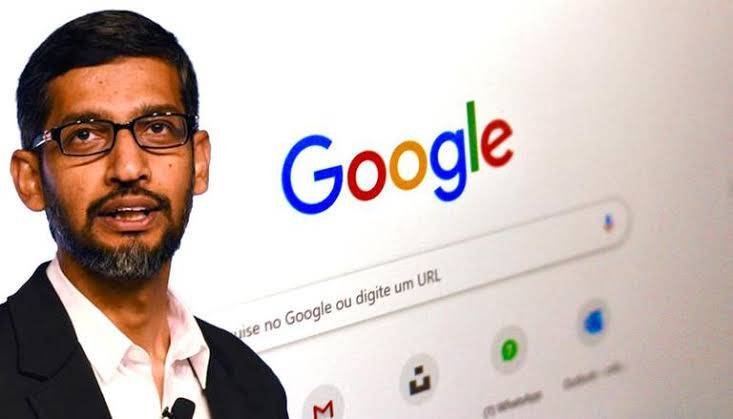Google CEO Sundar Pichai’s pay package has come under scrutiny after it was revealed that he received a whopping $218 million (Rs. 17,880,545,300) in 2022, with the majority of the pay coming from stock awards. The disclosure, made in a filing with the US Securities and Exchange Commission, has raised concerns among the tech community, particularly in light of Google’s recent layoffs.
Sundar Puchai’s pay package skyrockets
The stock awards made up the bulk of Pichai’s compensation, with a triennial stock award valued at $218 million. His salary has remained the same at $2 million (₹164,081,698.00) for the past three years, but his pay package is much higher than other executives at Alphabet in 2022. Philipp Schindler, the Chief Business Officer, and Prabhakar Raghavan, the Senior Vice President of Google’s Knowledge and Information, both received about $37 million (₹3,035,511,413.00), while Ruth Porat, the Chief Financial Officer, received $24.5 million (₹2,012,545,174.50).
The news of Pichai’s pay package has raised eyebrows, particularly in light of Google’s recent layoffs. In January, Alphabet began cutting about 12,000 jobs, which is 6 per cent of its global workforce, after months of spending cuts and the setting of new priorities. CEO compensation has become a topic of discussion in the tech industry, particularly after a wave of layoffs at Alphabet and other major companies.
Despite the controversy, Pichai remains responsible for overseeing Google’s vast array of products, including Google Search, YouTube, and Android, as well as Alphabet’s other businesses, such as Waymo and Verily. In a letter to employees earlier this year, Pichai expressed regret over the layoffs, saying, “This will mean saying goodbye to some incredibly talented people we worked hard to hire and have loved working with. I’m deeply sorry for that. The fact that these changes will impact the lives of Googlers weighs heavily on me, and I take full responsibility for the decisions that led us here.”

Pichai’s high pay package has been a subject of criticism, particularly as it comes at a time when many employees are being laid off. Some have called for greater accountability for executive compensation, particularly when layoffs are involved. While Sundar Pichai’s role in overseeing Google’s many products and businesses is undoubtedly significant, the size of his pay package has raised concerns about the company’s priorities and values.
What does Sundar Pichai says about another layoff?
Google CEO Sundar Pichai has hinted that the company may undergo another round of layoffs as it strives to achieve a 20% increase in productivity by September. Pichai’s comments come in the wake of criticism the company received for its handling of job cuts earlier this year.
In an interview with the Wall Street Journal, Pichai did not directly respond to questions about layoffs but said that the company was comfortable with its pace of change, which may involve restructuring or downsizing in the months ahead. The CEO has set a goal of achieving a 20% increase in productivity, which could mean further layoffs as the company seeks to streamline operations.
The announcement comes after Alphabet, Google’s parent company, announced in January that it would reduce its global workforce by 6%, or around 12,000 employees, due to investor pressure to cut costs in the wake of the post-pandemic economic downturn. The decision sparked criticism from employees who were suddenly laid off, citing a lack of transparency and communication from management.
In mid-March, nearly 1,400 Alphabet employees wrote an open letter to Sundar Pichai, demanding better treatment of staff during the layoff process and adequate consideration of workers’ voices, as the impact of Alphabet’s decision to reduce its workforce is global.
While many employees in the United States faced immediate termination, the process has been slower for countries with stronger labor protection laws. Despite the criticism, Sundar Pichai defended the company’s position in an email to employees, acknowledging that the company had hired for a “different economic reality than the one we face today” and took “full responsibility” for the decision.












